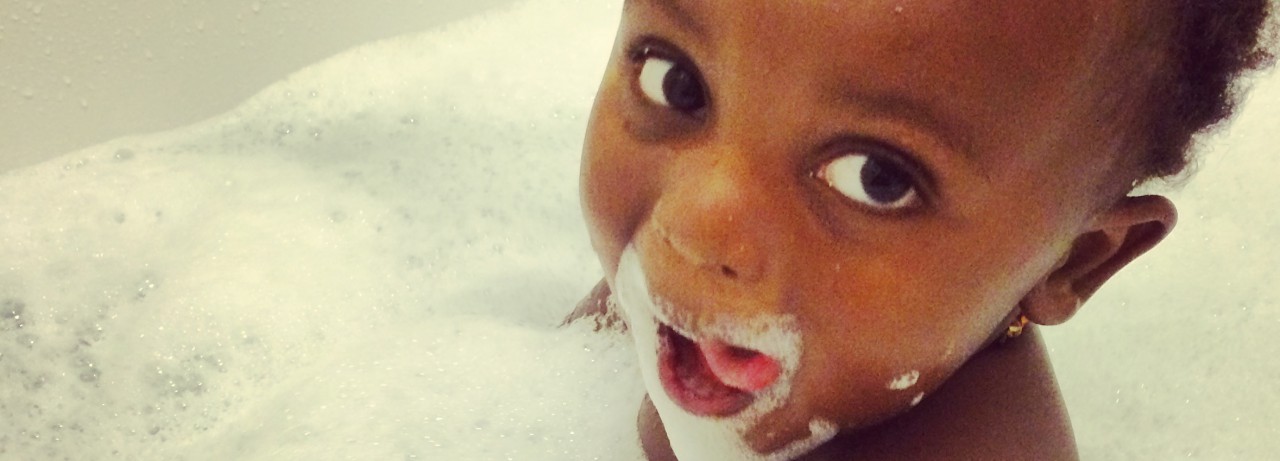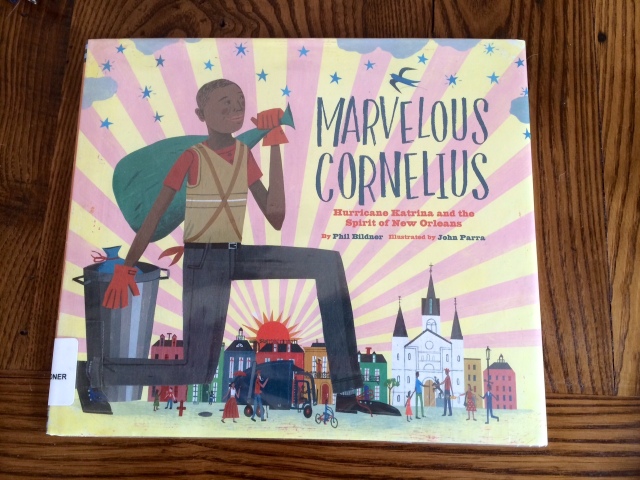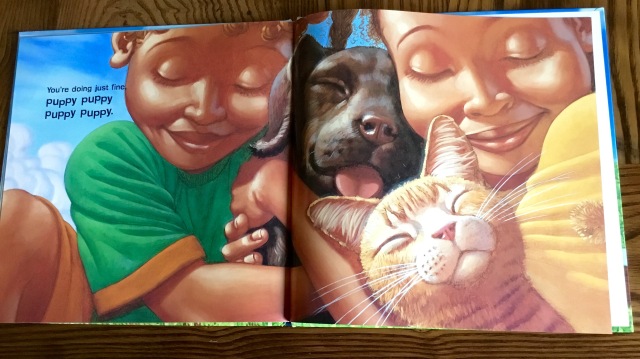This year, use your day off to do something simple, yet truly powerful, on Martin Luther King Jr. Day: learn about and acknowledge your white privilege.

“I don’t have white privilege–I worked hard for everything I have.”
White people say things like this a lot in regards to white privilege. Most of us don’t want to acknowledge that white privilege is real. Some of us will straight-up deny it, saying that we grew up poor and never took a hand-out so how could we be privileged? Some of us will say (and truly believe) that we’ve never gotten a leg up in the world just for being white.
But the absolute truth is: yes, we have. Simply having ivory skin has given us privilege beyond most of our understanding. Not realizing it and not having to think about race and racism is in itself white privilege. You and I have always been treated like we were white, because that is our reality. We have never had to think about what it would be like to be black or how we would be treated if we were. We have been shielded from racial issues, and that’s why so many white people will also say that racism is no longer an issue: because we have never experienced it.
This is not to say that white people don’t face hardships, or that we haven’t earned or don’t deserve where we are today. We have issues, problems, heartbreaks, illnesses, addictions, losses. Some of us grew up poor. A few of us were born rich. Most of us have worked our tails off to land somewhere in the middle. White privilege does not mean that everything is handed to us on a silver platter. It doesn’t mean that you or I have had it easy and/or don’t deserve where we are today.
What it does mean is that, as white people, we do not experience the racially motivated hardships that people of color do each and every day. No matter what our problems are–and they might be numerous–we have no idea what that feels like.
“Ignorance of how we are shaped racially is the first sign of privilege. In other words, it is a privilege to ignore the consequences of race in America.”
― Tim Wise
My life can be full of challenge and turmoil, but I still enjoy (usually without even realizing it) the privilege that inherently comes with whiteness. We all have axes to bear, but Black people and people of color have additional burdens.
I think the reason most white people get confused about white privilege is because they equate it with privilege in general. White privilege refers to racial privilege — basically, that white people have advantages over people of color that occur due to institutional and systemic racism. There are other kinds of privilege, and people of color can enjoy those types of privilege if they fit the bill. For example, a straight Black man with a college education, a good job, and money in the bank will benefit from heterosexual, male, and socioeconomic privilege.
But no matter how high he rises, he will always be black. Some people will automatically assume that he got where he is only because of affirmative action laws. If he decides to wear a hoodie shopping on his day off, he might be followed around the store by suspicious security guards. If his teenage son gets stopped by police for a traffic violation and appear confrontational, there is an exorbitantly higher rate that his child will be killed by that police officer than if his son was white. By now, you have heard that Black mothers and fathers have to teach their children as young as seven and eight to not affirm their rights if questioned by police and that there are numerous things that white kids can wear or say or do that black kids can’t. The list goes on and on.

At the end of the day, arguing over whether or not white privilege exists is a waste of time that would be so much better spent trying to relate to Black people or people of color. It’s called empathy–something that Martin Luther King Jr. preached daily. In his memory, let’s each of us, right now, try to imagine what it’s like to walk a mile in a person of color’s shoes.
What would it feel like to be judged solely on the color of your skin? What if your resume was thrown away because your name sounded “too black?” What if your child had to grow up way too fast? How would your self-image suffer if someone called you a racial slur or clutched their purse and crossed the street as you walked by? How would those things make you feel about yourself?
Think about other ways that you have benefitted–even subtly–by the fact that you have white skin. Turn on the TV or go to a movie–what color skin do you see reflected back at you? Which race is featured in marketing advertisements? What do these subtle messages tell you about yourself? Even small, seemingly inconsequential things like this are examples of white privilege.
White skin is held up as the ideal by our society and that leads to disadvantages for people of color. It’s as simple as that. We didn’t cause this, and most of us don’t knowingly contribute to it. There is no reason for us to get offended by the term white privilege. No one wants us to apologize for simply being white, but the world will be better if we realize what it means and has meant today and throughout history. We don’t have control over the course of events that brought us to this point, but we do have control over where we go from here.
“The world does not need white people to civilize others. The real White People’s Burden is to civilize ourselves.”
― Robert Jensen, The Heart of Whiteness: Confronting Race, Racism, and White Privilege
Simply recognizing that white privilege exists is an important first step in creating true racial equality. In honor of Martin Luther King Jr. Day, let’s contribute something worthwhile to the racial justice movement: true understanding of our white privilege and its negative, harmful effects on others. Let’s let our defenses down and see it for what it is: something that we may not have asked for, but that is real and pervasive and has indeed given us the upper hand.
Take some time today to think about ways that you have benefitted from white privilege in your own life. Gain a better understanding by doing some reading. A good place to start would be On Racism and White Privilege from the Southern Poverty Law Center, or What White Privilege Really Means from Slate, or even this blog post from Huffington Post called White Privilege Doesn’t Mean What You Think It Does. For a more in-depth discussion about confronting your privilege, reference: The Heart of Whiteness: Confronting Race, Racism, and White Privilege.
“We must learn to live together as brothers or perish together as fools,” – Dr. Martin Luther King Jr.



































